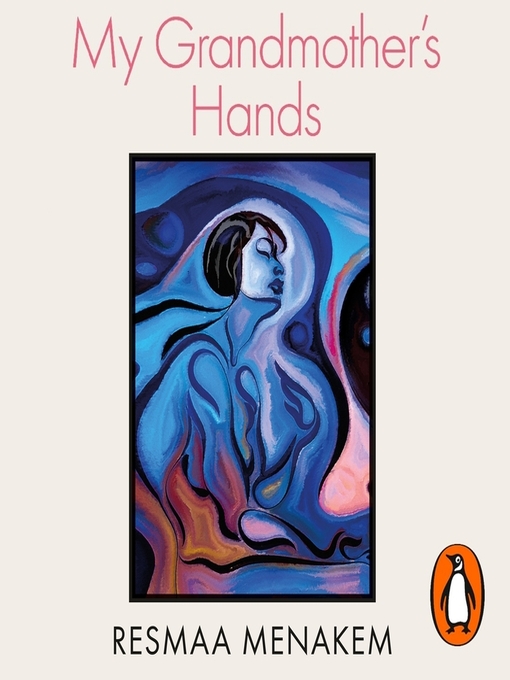Brought to you by Penguin.
THE NEW YORK TIMES BESTSELLER
The consequences of racism can be found in our bodies - in skin and sinew, in bone and blood. In this ground-breaking, inspiring work, therapist Resmaa Menakem examines the damage, the physical consequences of discrimination, from the perspective of body-centred psychology. He argues that until we learn to heal and overcome the generational anguish of white supremacy, we will all continue to bear its scars.
My Grandmother's Hands is an extraordinary call to action for all of us to recognize that racism affects not only the mind, but also the body, and introduces an alternative view of what we can do to grow beyond our racial divides.
'Insightful, thought-provoking and profound. I can't recommend highly enough' Sunny Singh
'A revolutionary work of beauty, brilliance, compassion and ultimately, hope' Robin DiAngelo
© Resmaa Menakem 2021 (P) Penguin Audio 2021
- Coming Soon
- Most Popular
- Just added
- Romance Reads
- Books for the Travel Enthusiast
- Gripping Thriller Reads
- Remarkable Lives
- Otherwordly Reads
- Lifestyle
- See all ebooks collections
- New audiobook additions
- Most popular
- New kids additions
- New teen additions
- Try something different
- Business Audiobooks
- Instant Reads
- Halloween Horror for teens
- See all audiobooks collections

